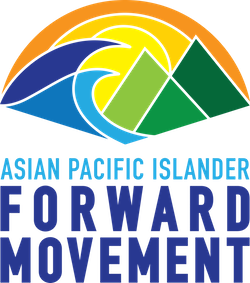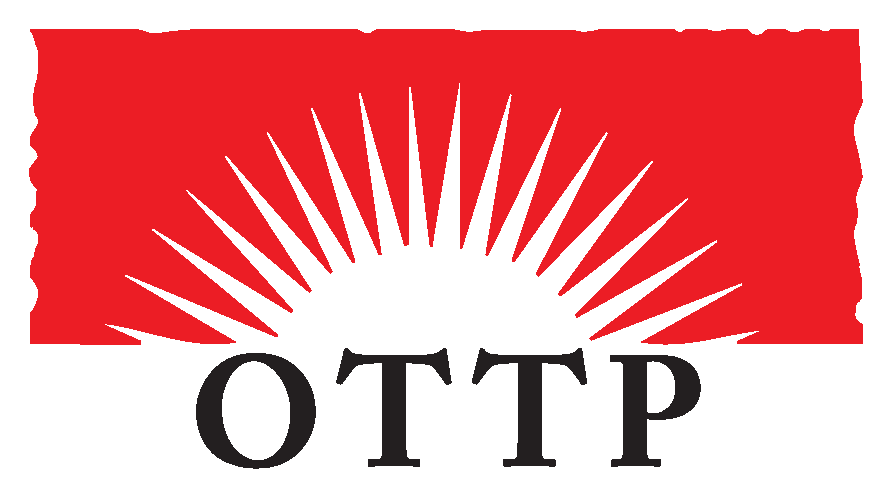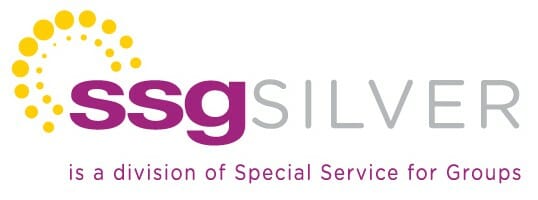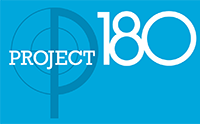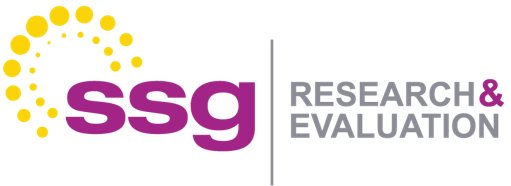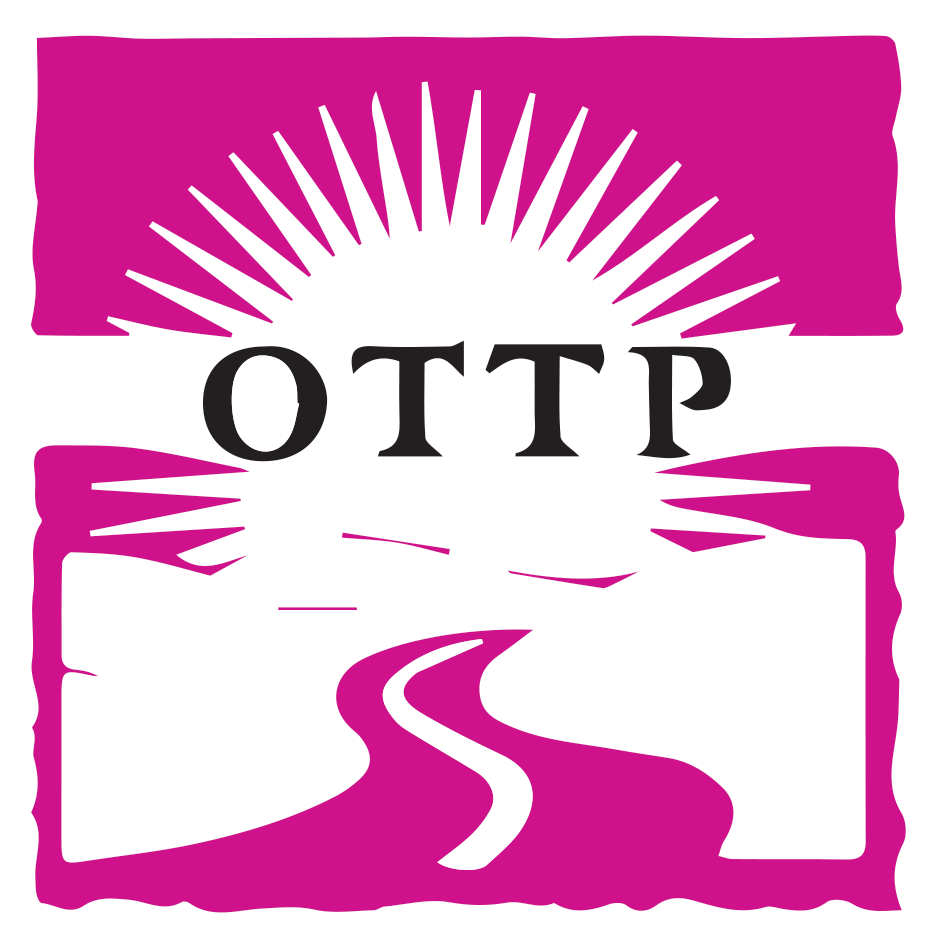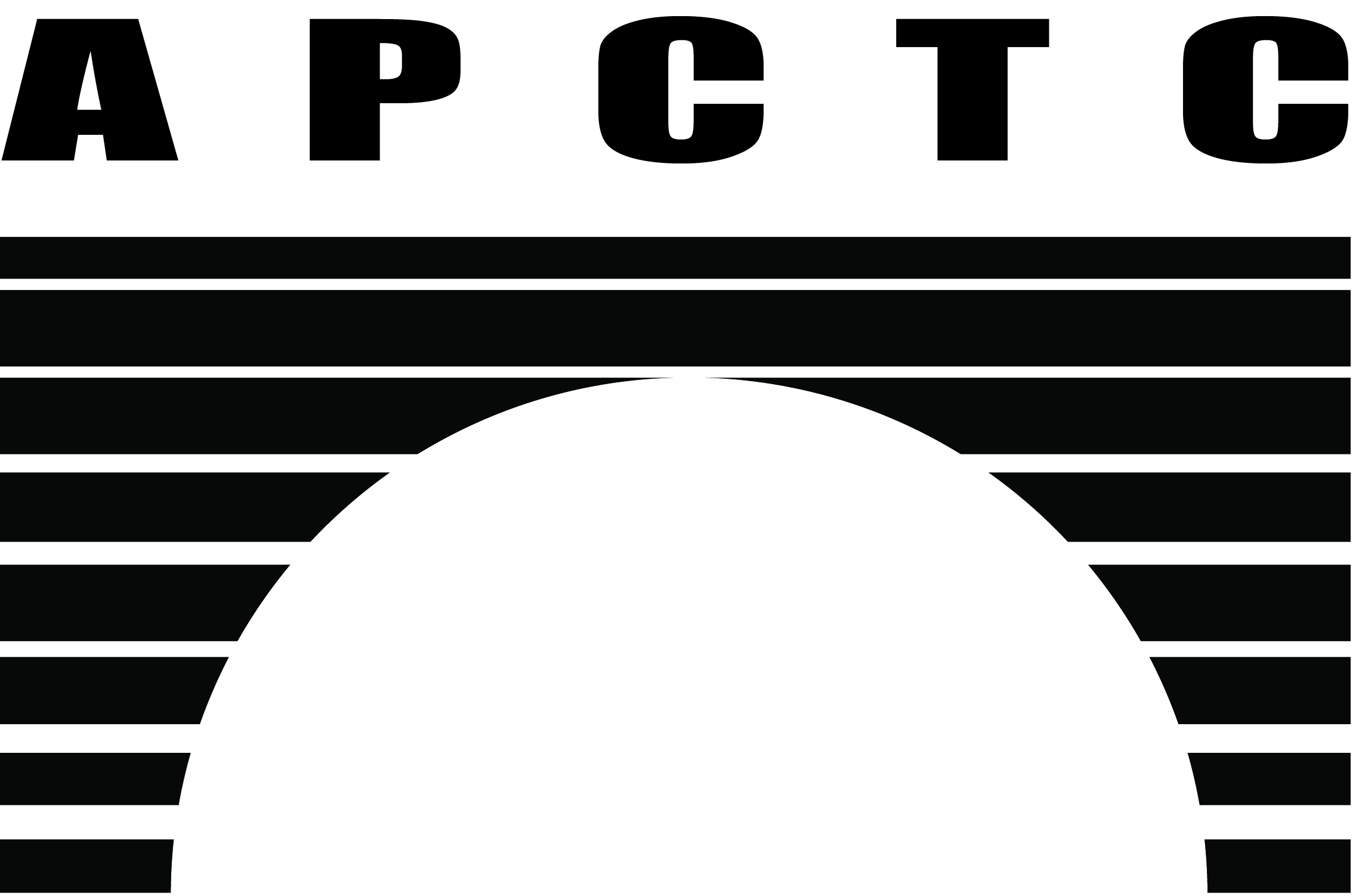News
COVID Rent Relief is Available for Renters & Landlords
If you’re a renter having trouble paying your rent, utilities, or other housing costs – or if you’re a landlord trying to stay afloat with tenants in this situation – help may be available. State and local programs are distributing billions of dollars in rental assistance to help renters stay housed during the pandemic.
Visit the CFPB’s Rental Assistance Finder to find out what this means for you and what you can do. The CFPB’s site also includes resources to help renters and landlords understand other resources to help navigate various financial hardships related to the pandemic.
| Find where to apply To find the state or local agency where you can apply for rental assistance, visit cfpb.gov/govrent If you can’t find a program in your area, call 2-1-1 or your local housing authority for assistance. |  |
SSG Executive Director featured during AAPI Heritage Month
Herbert Hatanaka, Executive Director of SSG, was featured by United Way of LA during their AAPI Heritage Month celebrations. We are grateful for United Way’s support of our programs, especially our services that target the most disadvantaged communities in Los Angeles County.
Our fearless leader, Herb Hatanaka, was featured by @LAUnitedWay for AAPI Heritage Month. We are proud to be a provider of culturally/linguistically appropriate services for LA's diverse communities. Thx to funders like United Way for helping us meet our mission @ssghopics https://t.co/aL3tvMbzEt
— Special Service for Groups, Inc (@SSG_HQ) May 28, 2021
Connecting the Dots | October 2020 – February 2021
RELATIONSHIP VIOLENCE IN FIVE LOS ANGELES ASIAN AMERICAN COMMUNITIES: INTERGENERATIONAL RISK AND STRENGTHENING FACTORS
SSG releases a new publication. In 2019 the Blue Shield of California Foundation partnered with A3PCON, SSG R&E and six community organizations (Asian Pacific Counseling and Treatment Centers, Korean American Family Services, Koreatown Youth & Community Center, Pacific Asian Counseling Services, South Asian Network, and Center for Pacific Asian Family) to conduct a needs assessment on domestic violence. This study explores risk and protective factors in five Southern California Asian American communities: Cambodian, Chinese, Korean, North Indian Hindu, and Pakistani Muslim. These factors include cultural traditions, norms, attitudes and beliefs, particularly around gender roles, intergenerational family dynamics, intimate relationships, and approaches to child-rearing.
Connecting the Dots | March – August 2020
For Asian Americans, food deserts encompass both income and culture
API Forward Movement is ensuring Asian Americans and Pacific Islanders who live in Los Angeles’ food deserts have access to fresh, affordable, and culturally relevant produce in the midst of a global pandemic.
Continue reading “For Asian Americans, food deserts encompass both income and culture”Health Disparities in South Los Angeles
SSG’s Research & Evaluation Team (R&E) has been working closely with the South Los Angeles BHC (SLABHC) and The California Endowment to help change the negative narrative of South Central Los Angeles with hopes of creating long-term systems change solutions. In close collaboration with the SSG R&E team and other consultants, the SLABHC created a series of podcasts to unpack the health inequities that are driven by oppressive systems that plague the daily lives of South Central residents.
Continue reading “Health Disparities in South Los Angeles”Interpreter Shortage in Hospitals Due to Pandemic Can Be Deadly
In the wake of Coronavirus, many Los Angeles County residents who are limited english proficient are unable to access medical interpreter services while hospitalized. Reporter Catalina Villegas of Spectrum News 1 interviewed PALS for Health Division Director Mireya Munoz on the shortage and what this means for patients.
Continue reading “Interpreter Shortage in Hospitals Due to Pandemic Can Be Deadly”Homeless Outreach Workers and the Coronavirus
While many remain Safe at Home, HOPICS staff work the front lines to protect the spread of COVID-19 among the homeless population in South Los Angeles. Thomas Curwen and Benjamin Oreskes of The Los Angeles Times shine light on how the Coronavirus pandemic puts an already vulnerable population at-risk and what HOPICS outreach workers are doing to help.
Continue reading “Homeless Outreach Workers and the Coronavirus”



